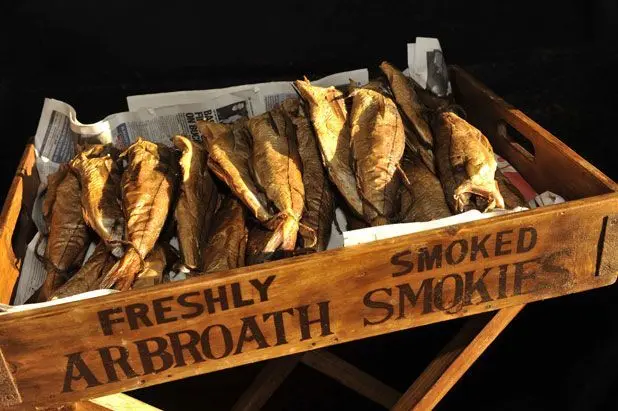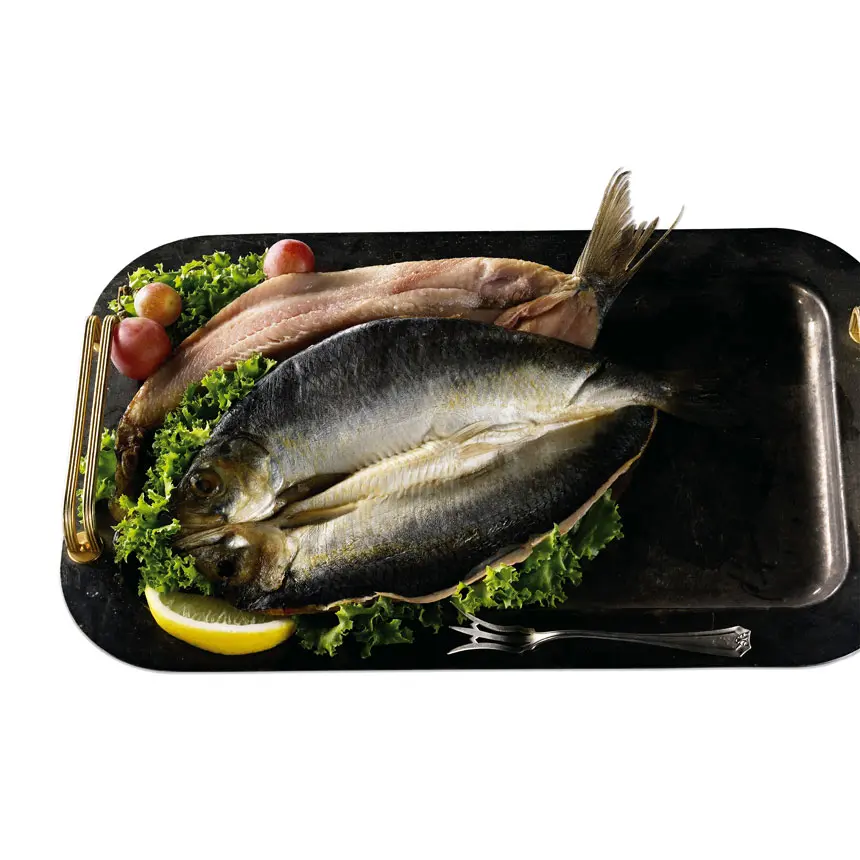Introduction:
When it comes to traditional Scottish delicacies, few can match the iconic and mouthwatering flavor of smoked kippers. These delectable fish have been a staple of Scottish cuisine for centuries, and their unique taste and texture continue to captivate food enthusiasts from around the world. In this article, we will explore the history, preparation, and cultural significance of smoked kippers in Scotland.
The Origins of Smoked Kippers
What are Scottish kippers called?
Scottish kippers are known by the same name in Scotland as they are elsewhere - kippers. The term kipper refers to a fish, usually herring, that has been split open, gutted, salted, and cold smoked. The smoking process imparts a distinct smoky flavor and preserves the fish, allowing it to be enjoyed for an extended period.

The tradition of smoking fish, particularly herring, has been practiced in Scotland for centuries. It was initially a means of preserving fish for consumption during the winter months when fresh catches were scarce. Over time, smoking fish became not only a practical way to preserve food but also a culinary art form that showcased the rich flavors of the sea.
The Smoking Process
How are Scottish kippers smoked?
The smoking process begins with fresh herring, which are carefully cleaned and filleted. The fish are then immersed in a brine solution consisting of water, salt, and sometimes sugar or spices. The brining process helps to enhance the flavor and texture of the fish.
After brining, the herring fillets are hung in a smokehouse, where they are exposed to a slow, controlled smoke. Traditionally, oak wood chips are used to create the smoke, which infuses the fish with its characteristic smoky aroma and taste. The smoking process can take several hours, depending on the desired intensity of flavor.
Once smoked, the kippers are left to cool before being packaged and sold. They can be enjoyed hot or cold and are often served for breakfast or as a delicious addition to salads, sandwiches, or pasta dishes.
Cultural Significance
Why are smoked kippers important in Scottish cuisine?
Smoked kippers hold a special place in Scottish culinary traditions and are beloved by locals and visitors alike. They are not only a delicious and versatile ingredient but also a reflection of Scotland's rich coastal heritage. The fishing industry has played a significant role in the country's history and economy, and smoked kippers are a testament to the skill and craftsmanship of Scotland's fishermen.
Furthermore, smoked kippers are often associated with breakfast in Scotland. They have become a popular choice for a hearty morning meal, served alongside other traditional Scottish fare such as black pudding, eggs, and toast. The smoky, savory flavor of the kippers adds a unique touch to the start of the day.
:
- Are smoked kippers healthy? Yes, smoked kippers are a nutritious choice. They are an excellent source of protein, omega-3 fatty acids, and various vitamins and minerals.
- Can I store smoked kippers? Yes, smoked kippers can be stored in the refrigerator for up to a week. They can also be frozen for longer shelf life.
- Are smoked kippers gluten-free? Yes, smoked kippers are naturally gluten-free, making them suitable for individuals with gluten sensitivities or celiac disease.
Conclusion:
Smoked kippers are a true Scottish delicacy, cherished for their distinctive flavor, cultural significance, and culinary versatility. Whether enjoyed for breakfast, lunch, or dinner, these smoked fish offer a taste of Scotland's maritime heritage and a delightful experience for food enthusiasts. So, if you ever have the opportunity to savor the delights of smoked kippers in Scotland, be sure to indulge in this traditional and delicious treat.
If you want to know other articles similar to Smoked kippers in scotland: a traditional delight you can visit the Food category.


Related Articles